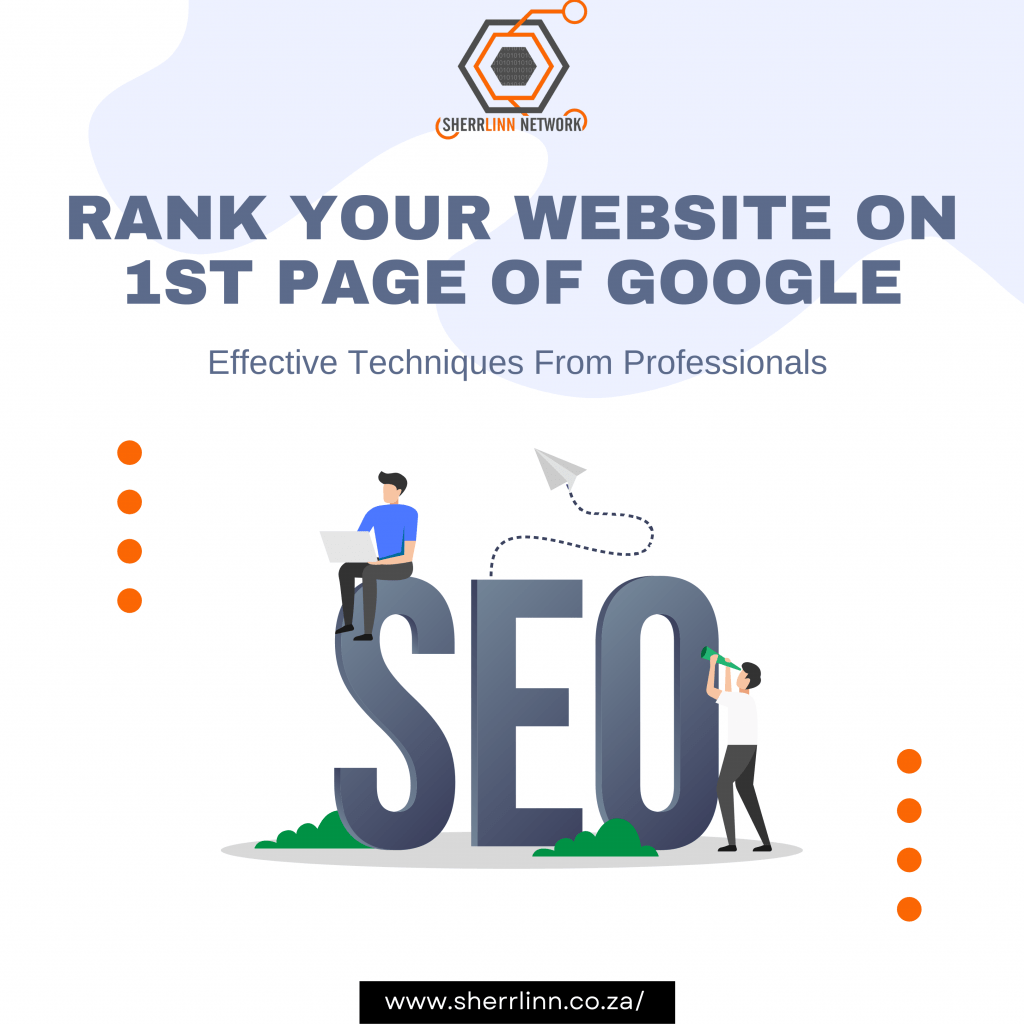Social media is one of the most effective marketing methods small businesses can rely on. However, you should note that not all social media channels work similarly. Each platform has its merits and users who have a certain attitude towards interacting with content.
You should consider all these essential details before investing your time and money in a particular platform because it can determine the success or failure of your marketing efforts.
In this post, you will find helpful tips before choosing the best social media platform for your business.

Photo by Austin Distel on Unsplash
1. Consider Your Business’s Nature
Do you offer your products and services to other businesses (B2B) or consumers (B2C)? If you are a B2C company, you can use Facebook and Instagram to increase your visibility and communicate with customers. If you are B2B, you can use LinkedIn to reach out to your current and potential customers and build a strong relationship with them. Regardless of your business type, you should also use YouTube to share your content and interact with your audience, making your brand more authentic and Google-friendly.
2. Identify Your Core Target Audience
Businesses can’t afford to fail, especially small ones. That’s why you need to ensure your advertising budget works in your favor. Take enough time to know your target audience and where to find them. Google search is a great way to do this. You can also consider Facebook and Instagram for this.
3. Assess Client Demographics
What do you know about the age or gender of your target audience? Knowing your demographics is critical to choosing the best social media platform for your business. Demographic data can help you narrow down your options and find the best platform for you. Don’t waste your resources managing multiple platforms at once. Invest some time and effort into the platform you choose.
4. Follow Your Ideal Customer
Choosing the best social media platform for your business is all about where your ideal customer is, not about your business. For example, if you want to reach other firms, you should use LinkedIn. If you are an e-commerce business, Instagram can do the job. The most important thing is to stay visible, consistent, and valuable to your customers.
5. Research Your Competitors
Analyze all your major competitors. Look at what they post on each social media platform, how often they do it, and how many people engage with it. Once you know which social media platform delivers the best results, choose that platform. However, before you begin, you should set goals and KPIs that align with those objectives.
6. Choose a Platform That Matches Your Audience
Your social media channels are the foundation of your digital presence and communication. People can see them on business cards and in SERPs. But, one of the most common mistakes small businesses, in particular, make is trying to push content to all available platforms and getting too bogged down. Determine the right audience and evaluate your company’s goals to find the best social media platform for your business. Then, research different platforms and create an account where your content will have the most impact.
7. Be Consistent Across All Platforms
The key is to maximize your reach with the least amount of effort. Therefore, developing a consistent social content strategy is essential when choosing the best social media platform for your business. If you maintain this consistency, you can efficiently distribute content across leading platforms. You can use various scheduling tools (both free and paid) to schedule one or two posts per week on multiple platforms.
8. Understand Your Goals
You must understand your goals before choosing the best social media platform for your business. Since Twitter is a top platform for getting customer feedback, you can use it to improve customer service. If you are in the hospitality or travel industry, you can consider Instagram to showcase your products and services visually appealingly. The important thing is to align the benefits of the platform with your business goals.
9. Let Your Products Or Services Guide You
Let your products or services guide you when deciding which content platform is best for you. For example, if consumers are your primary audience. And if you are focused on generating high-quality leads, you can create quality content on LinkedIn.
10. Participate In Forum Discussions
Let your products or services guide you when deciding which content platform is best for you. For example, if consumers are your primary audience. And if you are focused on generating high-quality leads, you can create quality content on LinkedIn.
Now to help you make up your mind, let’s make a pros-and-cons list for four major social media networks:
Pros and Cons of Major Social Media Platforms
| Social Media Platforms | Pros | Cons |
|
| |
|
| |
|
| |
|
|
Bottom Line
Social media is one of the most effective marketing methods small businesses can rely on. Finding the best social media platform for your business may seem overwhelming and time-consuming. And it’s okay if you feel that way.
At Sherrlinn, we can help you increase sales and improve your online presence. Contact us now and start your journey.





